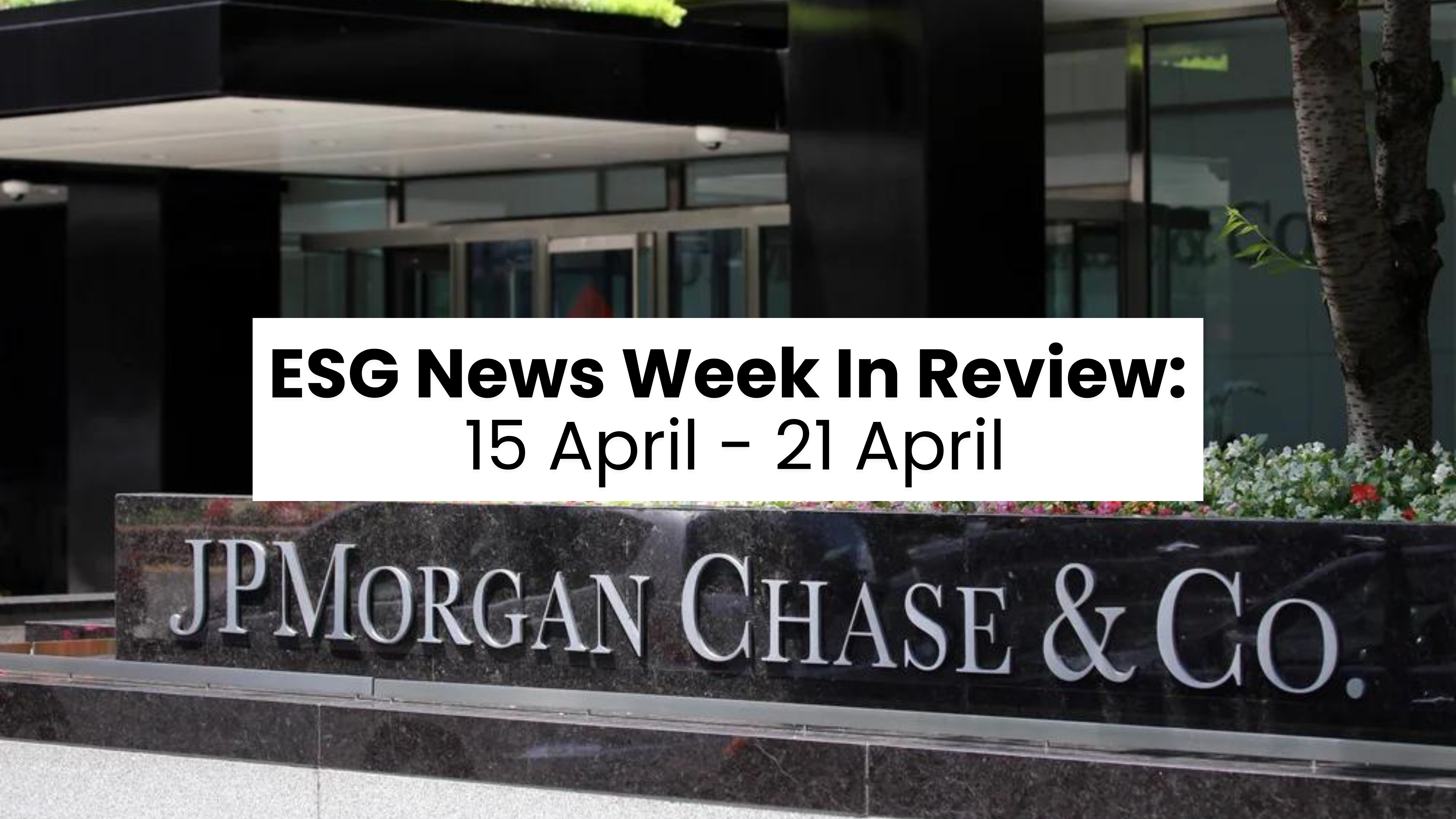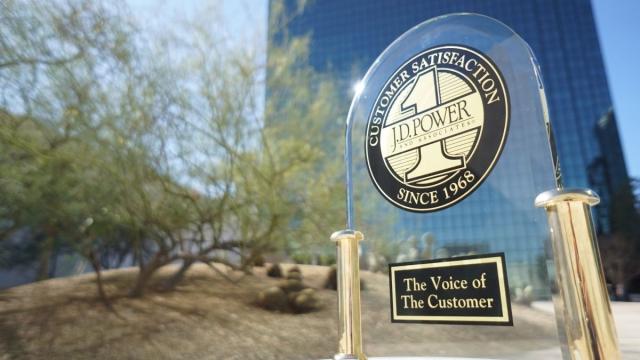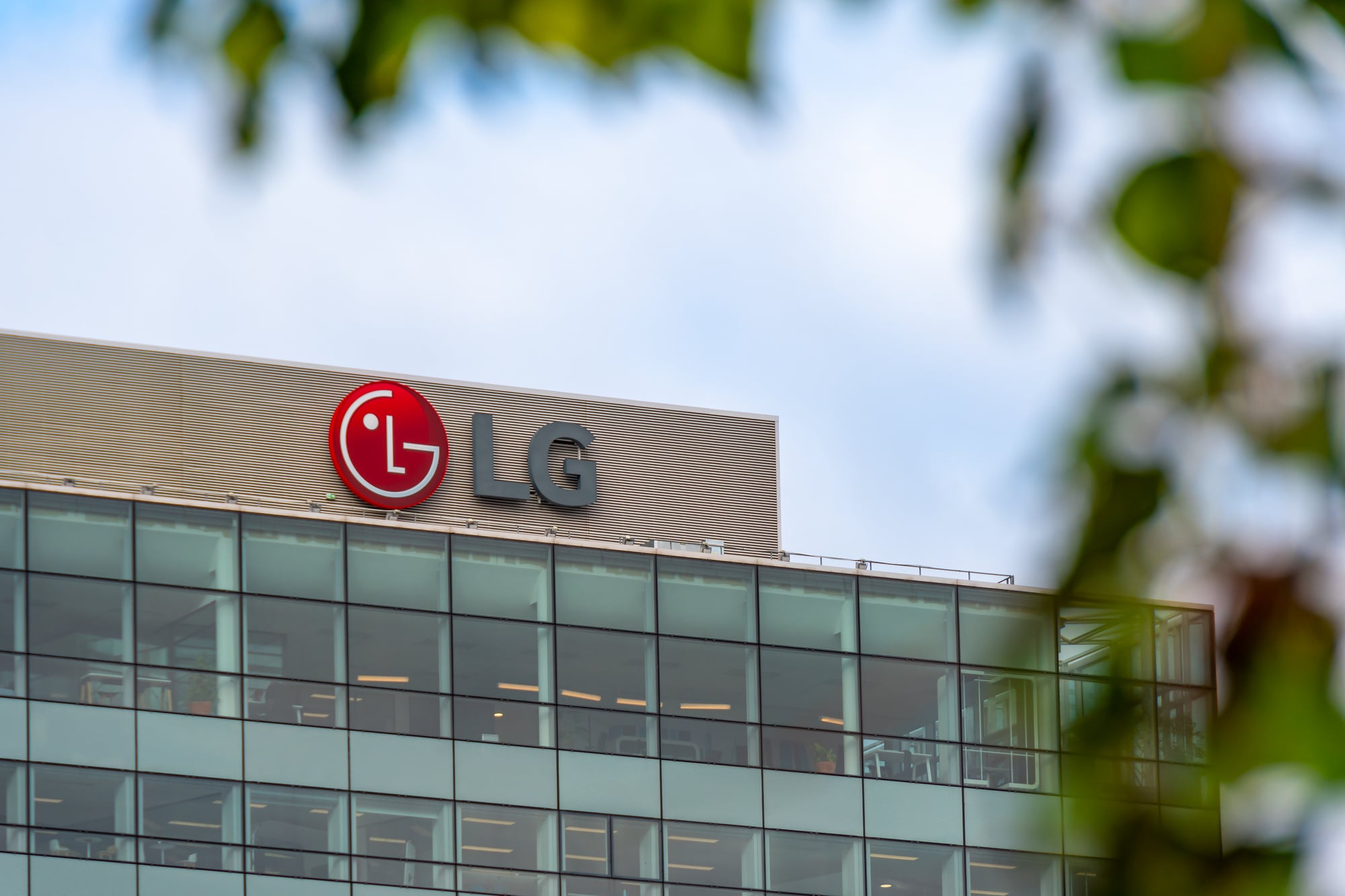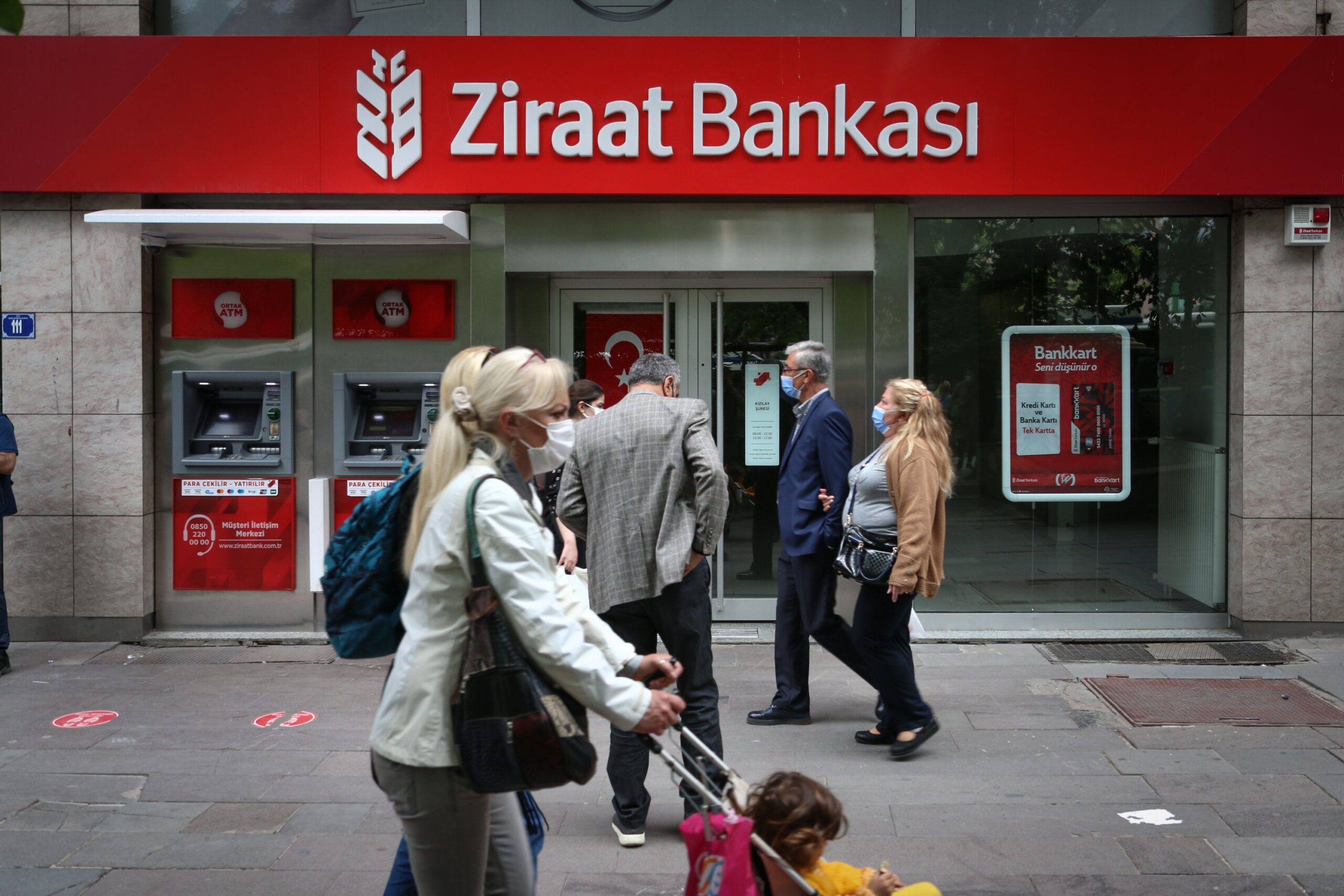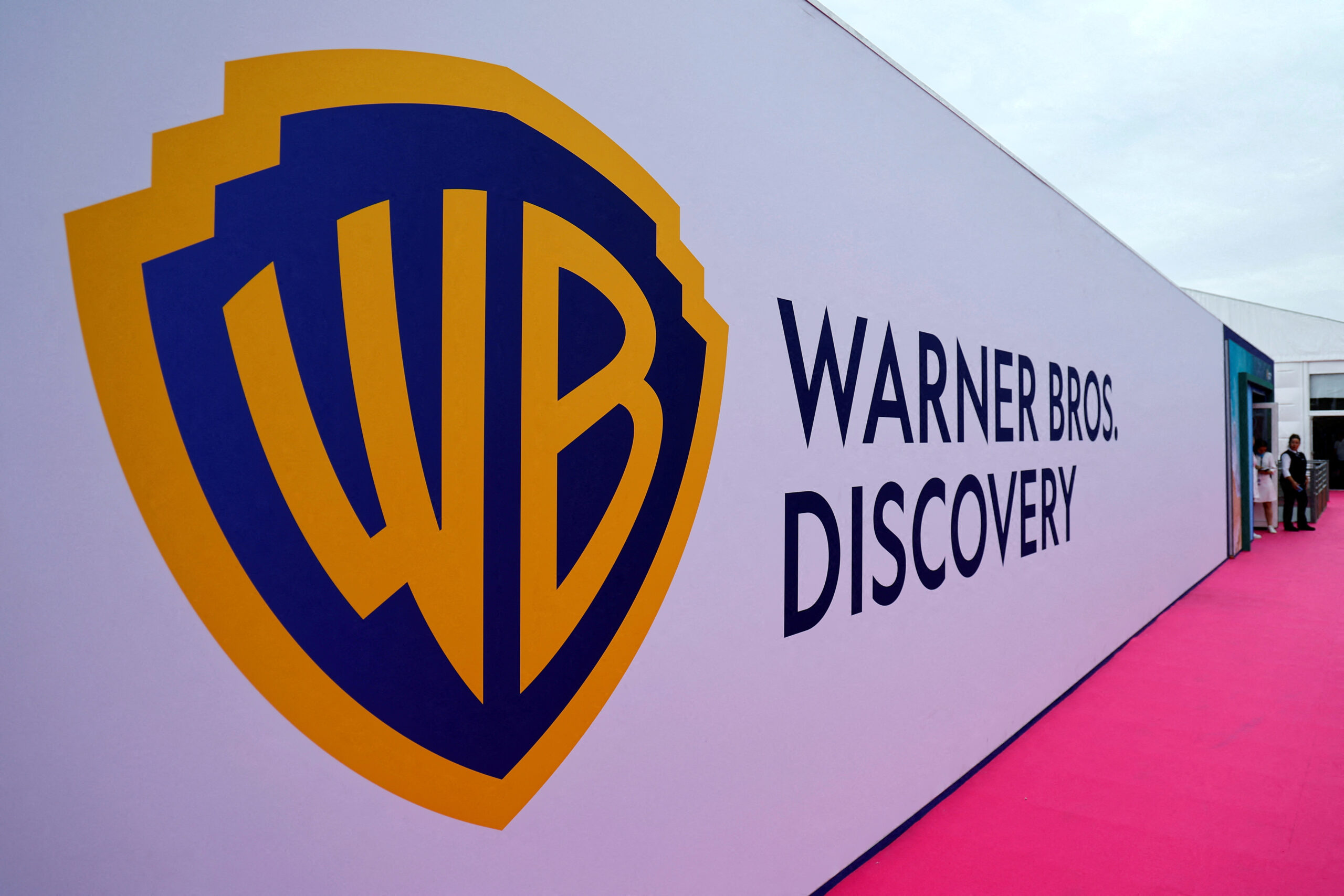Global Goals Business Forum at Expo 2020 calls on public and private sectors to align around SDGs
Dubai, United Arab Emirates
High-level event convenes industry leaders and UN Global Compact participants from across the world
Responsible investment strategies aligned with the 17 Sustainable Development Goals (SDGs) proved key themes at the Global Goals Business Forum at Expo 2020 Dubai on Wednesday. The event, held at Dubai Exhibition Centre, Expo 2020 Dubai, brought together industry leaders and UN Global Compact participants from across the public and private sectors.
In his welcome address, Hassan Al Hashemi, Vice President of International Relations, Dubai Chamber of Commerce, said: “While the pandemic has highlighted the broader vulnerabilities of our global society, we know the roadmap forward to address these interconnected challenges are the [SDGs]. We call on businesses to align their efforts with the public sector to accelerate progress towards the SDGs and ensure a steady path to a brighter future.”
In his keynote remarks, Maher Nasser, Commissioner-General of the UN at Expo 2020, said: “It is time for all hands on deck […] We all have a responsibility.”
That set the tone for the forum, co-curated by Expo 2020 Dubai, Dubai Chamber of Commerce, Estonia and the UN Global Compact, and held as part of Global Goals Week, which runs from 15-22 January.
In her opening address, Sanda Ojiambo, CEO & Executive Director, UN Global Compact, said: “A resounding and recurring message I have heard over these last few days is that we’re in the right place, at the right time, here in Dubai at Expo 2020 – to tap into an immense spirit of hope, optimism, collaboration and urgency. To reignite, as we’ve heard, the ambitions, actions and accountability that will help us make up for the gains that have been lost in progress around achieving the SDGs […] We need business leaders to make bold business decisions for the future, we need businesses to integrate the SDGs into their corporate strategies, we need businesses to account for their externalities in the same way they account for their business losses.”
Vaishali Nigam Sinha, Chief Sustainability Officer, ReNew Power, one of India’s leading renewable energy firms, joined Patrick Chalhoub, CEO, Chalhoub Group, and Emmeline Hambali, Group Managing Director, Dynapack Asia, Indonesia, in the opening session entitled “SDG Ambition: Accelerate Business Action.”
Vaishali Nigam Sinha, also Chair of the ReNew Foundation, said: “It is the availability of capital and commitment of investors which is helping us to accelerate and amplify what we are doing – that’s the good news and I think we should all recognise that […] Whether it is the smog, the total transition to clean energy [or] engaging communities, all of these issues require a few critical things – one of them is investments. I cannot highlight [enough] the importance of ensuring that the funds [are] flowing through […] We have set huge renewable energy targets in India and we have also seen a robust flow of investments coming into the country. That is really driving the commitment and ambition in the sector … The government is providing the policy direction and framework, but we are actually going and doing it on the ground. And if we don’t do this, the change is not going to happen.”
Financing remained a core theme as the forum progressed, with session “Financing the 2030 Agenda” – moderated by Marie Morice, Head of Sustainable Finance, UN Global Compact – touching on SDG-aligned investment instruments and Environmental, Social and Governance (ESG) strategies that help further the SDGs.
Panellist Zahara Malik, Co-Founder and CEO, Grosvenor Capital, who noted an increased emphasis on the ‘S’ in ESG, in light of the pandemic, said: “Right now, from corporates to individuals, we’re very much focused on ‘the human’ … so, a positive in terms of a change in trends and what we’re seeing is the drive for the social element of ESG.”
Responsible financing and increased ESG reporting pressures on corporates proved core themes as the dialogue progressed.
Sarah Usmani, Managing Director – Global Head of Sustainable, Asset & Project Finance, First Abu Dhabi Bank, said: “Financiers play a very important role in terms of encouraging or discouraging certain types of activities. We saw that happen before COVID-19. For example, a lot of banks actually stopped financing coal … If the financing community gets together as well and starts financing projects, which will result in a better, sustainable future, then that’s how you also channel investors as well.”
Fellow panellist Mabinty Koroma-Moore, Founder and CEO, Legacy Impact Venture Enterprises Africa, said: “There is a stronger appetite, particularly among institutional investors, as well as private equity [and venture capital] investors around mapping their strategies and assets against the SDGs […] The pandemic has exacerbated some of the gaps and this is an opportunity for more investors to look at blended finance approaches – to really think about how we can be more strategic in terms of creating and developing SDG-linked investment instruments that are aligned with needs of people in emerging and frontier markets.”
Other forum sessions touched on the crucial role played by small and medium-sized enterprises (SMEs) in the SDGs, how digitalisation can accelerate progress and the private sector’s efforts to prevent and eliminate child labour in their operations and supply chains.
To watch the full event, click here.

